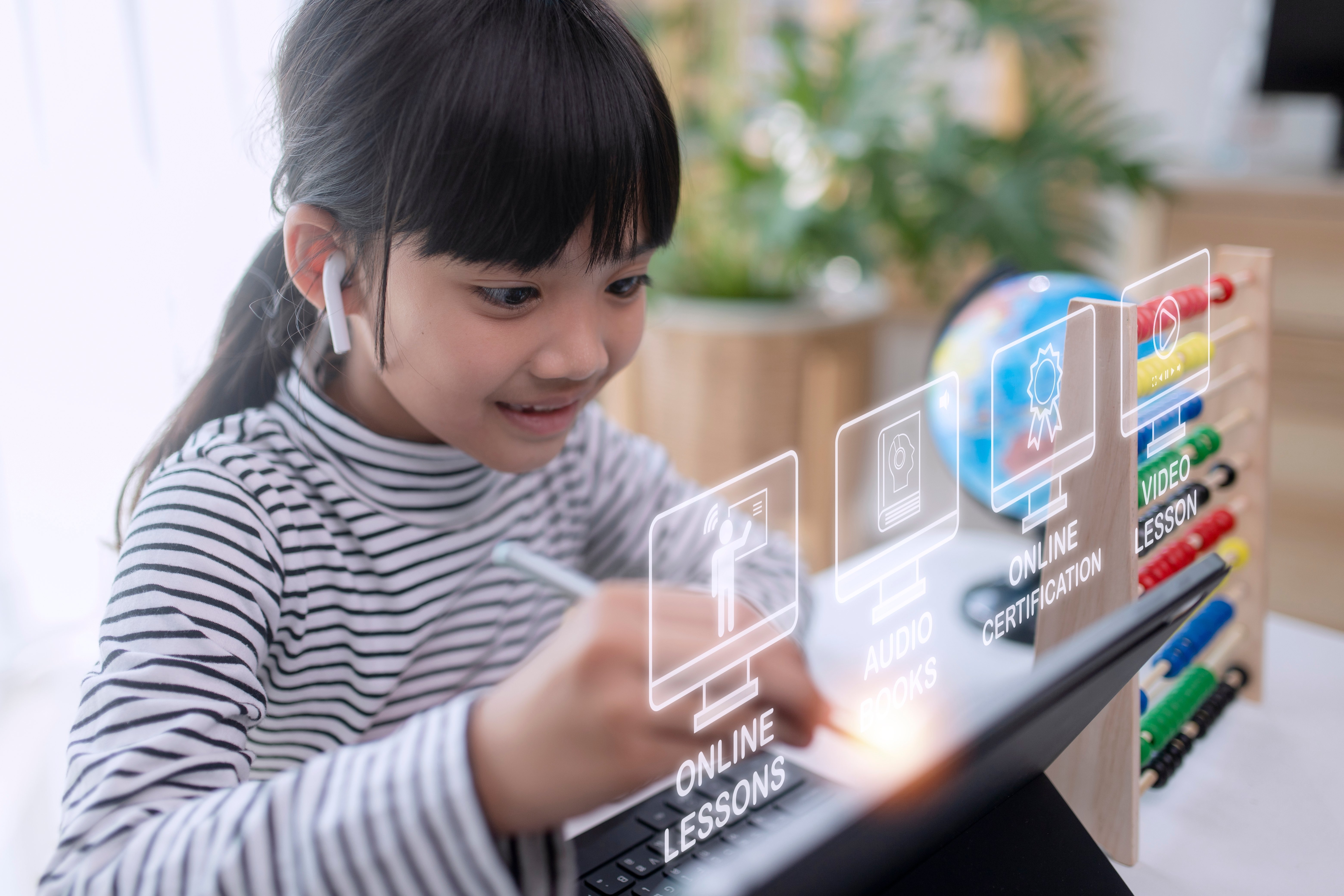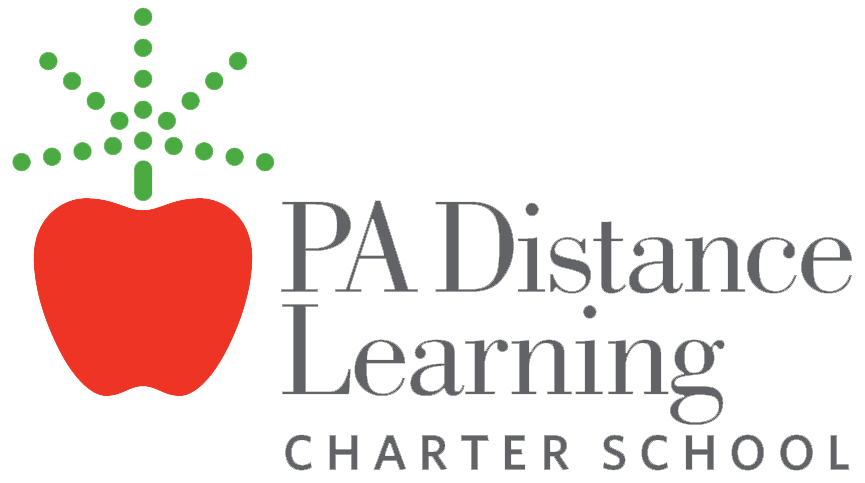The Role of Virtual Charter Schools in Providing Personalized Learning

Imagine a classroom in which the traditional “one-size-fits-all” approach to education is absent. In its place is a classroom where each student’s individual learning style is catered to, and their unique strengths, skills, needs, and interests are taken into account to keep them engaged and on track. That’s the essence of the personalized learning approach that virtual charter schools can offer.
In the dynamic landscape of education, the emergence of virtual charter schools has been pivotal in addressing diverse educational needs, particularly through different personalized learning strategies.
In this blog, we’ll delve further into how virtual charter schools are revolutionizing the educational paradigm by offering individually tailored learning experiences.
What is Personalized Learning in Education?
Personalized learning in education refers to a teaching approach that is customized to meet the unique needs, skills, and interests of each student. Unlike the traditional one-size-fits-all model, personalized learning acknowledges that each learner is different and requires a unique blend of resources, teaching methodologies, and academic support. It is about understanding and catering to individual learning styles, pace, and preferences, thereby making education more relevant and effective.
How Personalized Learning in the Classroom Works
Since there are different approaches to personalized learning, a lot of parents and virtual charter students wonder, “What are personalized learning strategies?”
Here’s a look at the four most common models:
- Learner Profiles: These profiles capture detailed information about each student, including their strengths, weaknesses, learning styles, and educational history. This data guides educators in creating a learning path that resonates with each student's needs.
- Personalized Learning Paths: Every student is provided with a customized learning trajectory. This includes tailored lesson plans, activities, and resources that align with their learning goals, interests, and pace.
- Competency-Based Progression: This model focuses on mastery learning. Students progress through course material based on their ability to demonstrate mastery of a subject rather than on a fixed timeline. This approach ensures a deeper understanding of the material and accommodates varying speeds at which students learn.
- Flexible Learning Environments: Virtual charter schools leverage technology to create adaptable learning environments. Students can learn from anywhere, at any time, using digital platforms. This flexibility supports different learning modalities and helps students balance their education with other life responsibilities.
The Potential for Personalized Learning
The potential for personalized learning in virtual charter schools is vast. It democratizes education by making it accessible and relevant to a broader spectrum of learners. Students who might struggle in traditional classrooms due to various learning challenges can thrive in an environment tailored to their specific needs. Additionally, it prepares students for the future by fostering self-directed learning and critical thinking skills, making them more adaptable to the ever-changing demands of the workforce.
The integration of personalized learning in virtual charter schools signifies a transformative step in education. As a public, virtual Pennsylvania charter school, PA Distance is at the forefront of online learning. Our teachers take the time to get to know each child and understand their needs, which is critical in individualizing their learning experience.
Contact us today to learn more!

